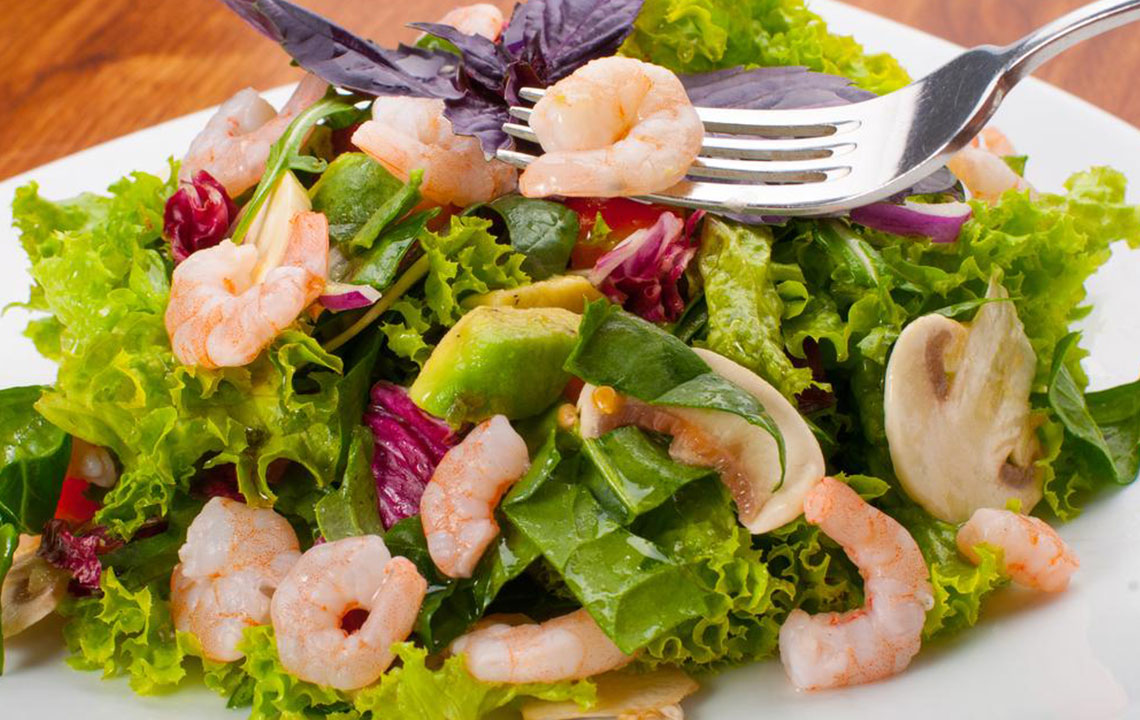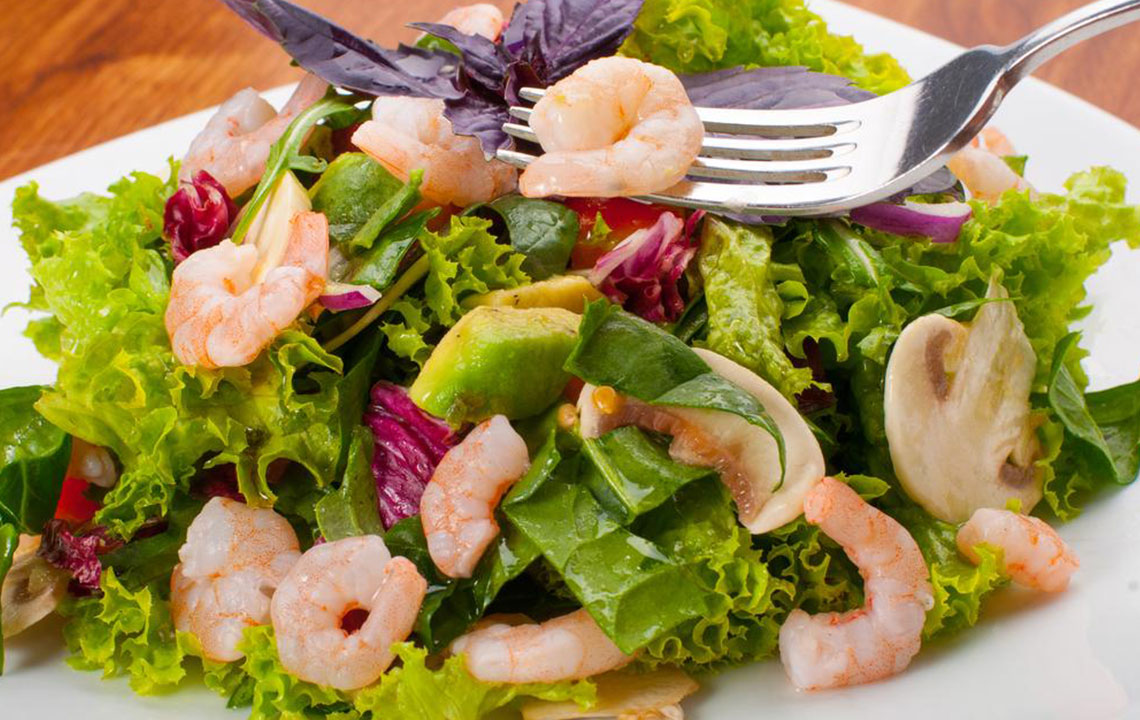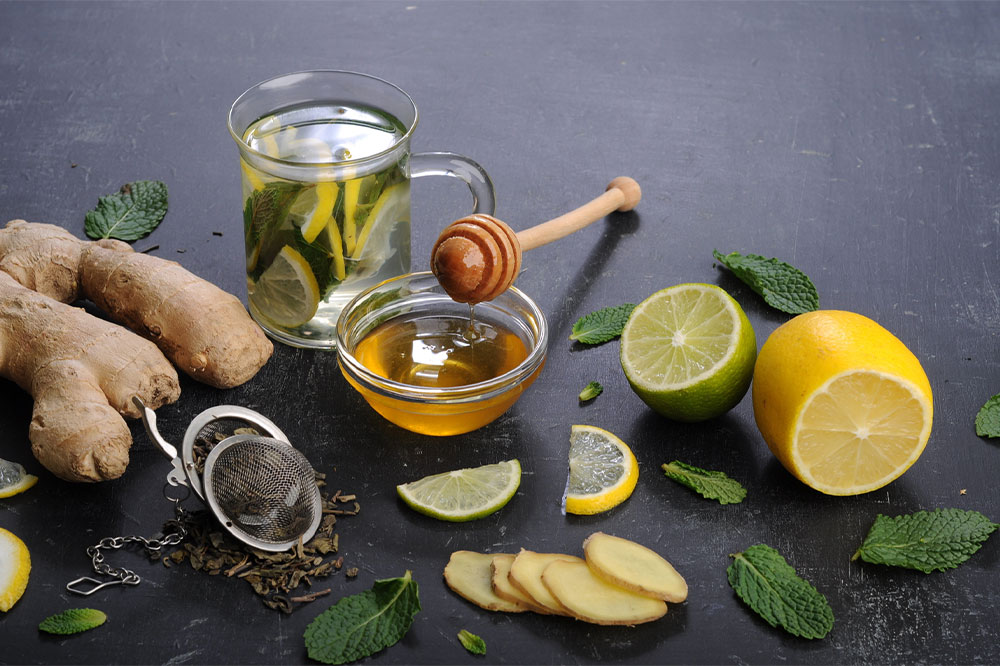Comprehensive Dietary Approaches to Quickly Alleviate Acid Reflux Symptoms
This comprehensive guide offers proven dietary strategies and lifestyle adjustments to quickly alleviate acid reflux symptoms. From understanding the causes and recognizing symptoms to choosing the right foods and avoiding triggers, learn how to manage GERD effectively. Incorporating fiber-rich foods, lean proteins, and soothing vegetables while avoiding fatty, spicy, or acidic foods can help you experience rapid relief. Coupled with healthy habits, these tips provide a sustainable approach to reducing discomfort and improving digestive wellness. Ideal for those seeking fast, natural relief from acid reflux.

Comprehensive Dietary Approaches to Quickly Alleviate Acid Reflux Symptoms
Chronic acid reflux, often leading to persistent heartburn, can significantly impact quality of life and may signal underlying Gastroesophageal Reflux Disease (GERD). GERD is a condition where stomach acid frequently escapes into the esophagus, causing discomfort, inflammation, and in severe cases, esophageal damage. Understanding how to manage and ease these symptoms through targeted dietary strategies is crucial for those affected. This extensive guide explores the causes, symptoms, and effective dietary interventions to help you find fast relief from acid reflux.
Understanding the Causes of Acid Reflux
Hiatal hernia: A condition where part of the stomach pushes through the diaphragm, affecting the function of the lower esophageal sphincter (LES).
Postprandial habits: Bending over or lying down immediately after meals can promote reflux.
Obesity and excess weight: Increased abdominal pressure can weaken the LES, allowing acid to escape.
Trigger foods: Foods like tomatoes, garlic, onions, spicy, greasy, or fatty dishes aggravate reflux symptoms.
Unhealthy habits: Smoking and excessive alcohol consumption weaken the esophageal sphincter muscles.
Dietary choices: Caffeine, carbonated drinks, and late-night snacking increase the risk of reflux episodes.
Pregnancy: Increased abdominal pressure and hormonal changes can predispose to acid reflux.
Medications: Certain drugs such as NSAIDs and muscle relaxants can relax the LES, worsening symptoms.
Recognizing Symptoms of Acid Reflux
Burning chest pain (heartburn) that often radiates to the throat
Regurgitation of sour or bitter fluid into the mouth or throat
Persistent nausea, bloating, or hiccups
Difficulty swallowing or a sensation of a lump in the throat
Unexplained weight loss, sore throat, or chronic cough
Hoarseness or dry cough, especially after eating
Proper management begins with recognizing these symptoms early and modifying diet and lifestyle accordingly. The goal is to prevent acid from escaping into the esophagus and to reduce inflammation and discomfort.
Dietary Strategies for Fast Acid Reflux Relief
Adopting specific dietary habits can dramatically reduce acid reflux episodes. Eating smaller, more frequent meals instead of large ones prevents overfilling the stomach and reduces pressure on the LES. Additionally, paying attention to the types of foods consumed can influence reflux severity. Incorporating soothing, non-acidic foods while avoiding known triggers forms the foundation of an effective reflux management plan.
Foods to Incorporate in Your Reflux-Relief Diet
Vegetables: Options like cucumbers, leafy greens, broccoli, beans, cauliflower, and asparagus are low in acid and fats, making them gentle on your stomach.
Oatmeal: Its high fiber content helps absorb stomach acid and soothes the digestive tract.
Ginger: Known for its anti-inflammatory properties, ginger can help calm digestive irritation.
Non-Citrus Fruits: Apples, pears, bananas, and melons are nutritious choices that typically do not trigger reflux symptoms.
Egg Whites: These are rich in protein and contain minimal fat, avoiding the fatty yolks that may exacerbate reflux.
Lean Proteins: Skinless poultry, fish, and seafood prepared baked, grilled, or steamed are excellent options.
Healthy Fats: Incorporate sources like olive oil, flaxseed, avocados, and walnuts, which support balanced nutrition and weight management efforts.
Foods to Limit or Avoid
High-Fat Foods: Fried foods, greasy snacks, creamy dressings, and processed meats like bacon relax the LES, promoting reflux.
Chocolate: Contains methylxanthines that can weaken the sphincter and trigger reflux episodes.
Citrus Fruits and Juices: Lemons, oranges, grapefruits, and their juices are highly acidic and should be reduced.
Caffeinated Beverages: Coffee, black and green teas, energy drinks may provoke reflux symptoms due to their acidity and stimulating effects.
Mint and Mint-flavored Products: Gums, candies, and teas containing mint may relax the LES, worsening reflux.
Carbonated Drinks: Soda and other fizzy beverages increase stomach pressure and can lead to reflux.
Implementing these dietary changes, combined with lifestyle modifications such as maintaining a healthy weight, avoiding trigger foods, and refraining from eating close to bedtime, can significantly reduce the severity and frequency of acid reflux episodes. Consistency in these habits is key for long-term relief and improved digestive health.





